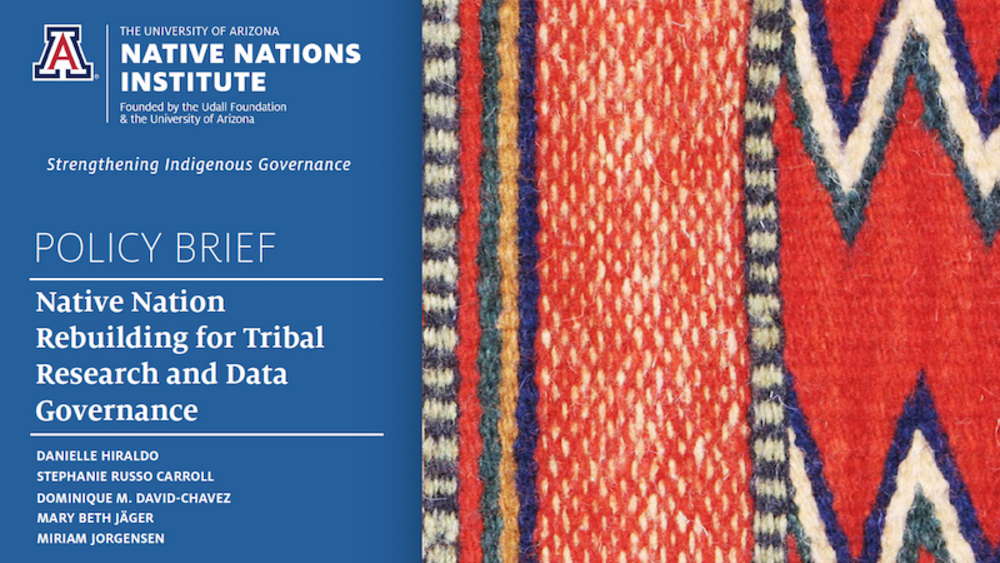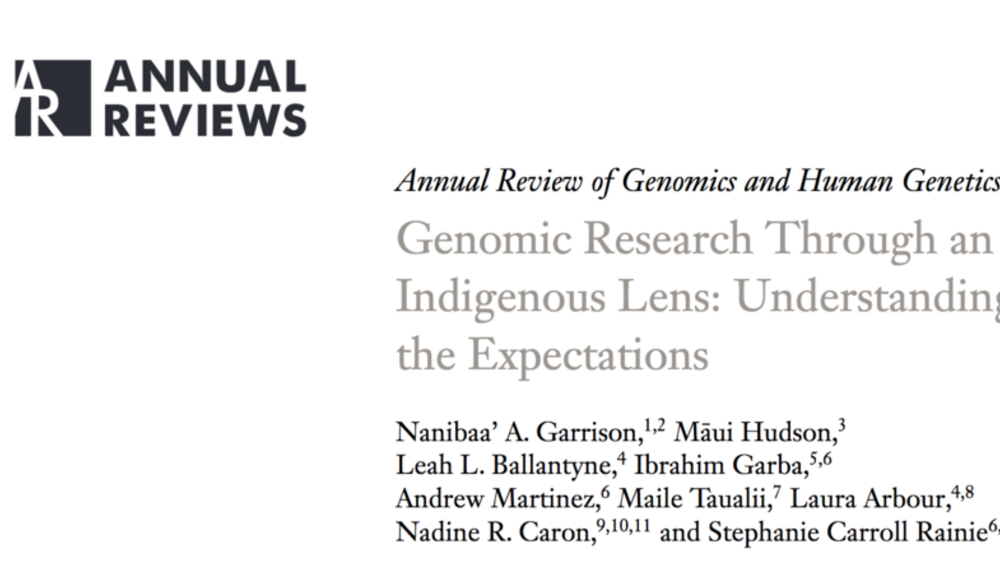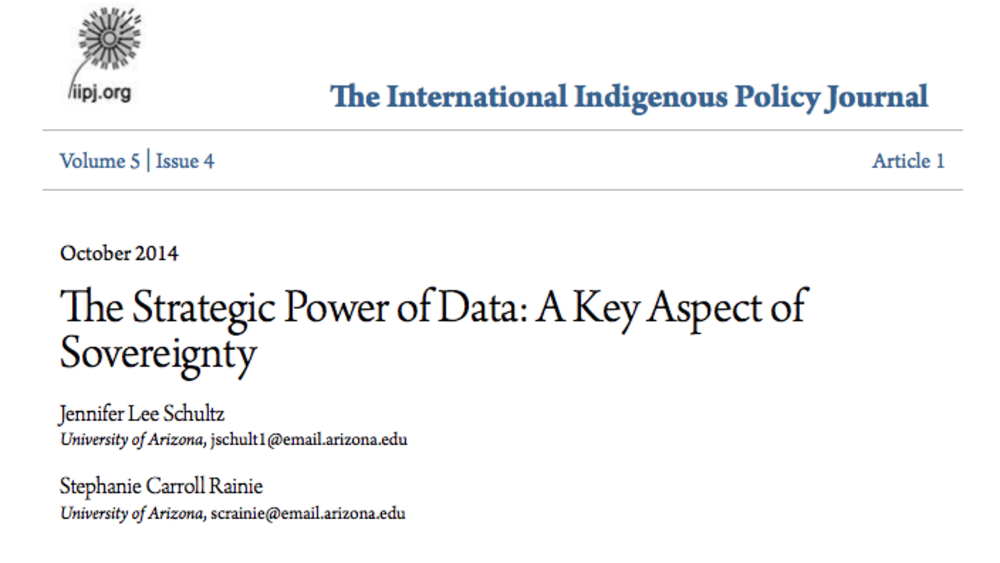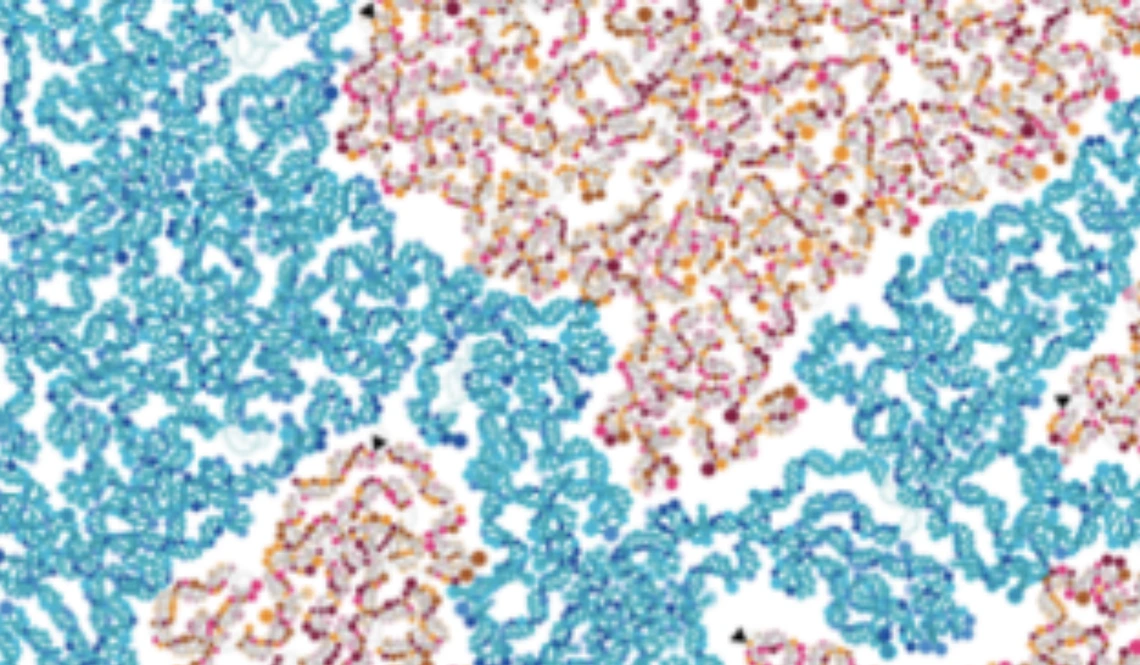The field of genomics has benefited greatly from its “openness” approach to data sharing. However, with the increasing volume of sequence information being created and stored and the growing number of international genomics efforts, the equity of openness is under question. The United Nations Convention of Biodiversity aims to develop and adopt a standard policy on access and benefit-sharing for sequence information across signatory parties. This standardization will have profound implications on genomics research, requiring a new definition of open data sharing. The redefinition of openness is not unwarranted, as its limitations have unintentionally introduced barriers of engagement to some, including Indigenous Peoples. This commentary provides an insight into the key challenges of openness faced by the researchers who aspire to protect and conserve global biodiversity, including Indigenous flora and fauna, and presents immediate, practical solutions that, if implemented, will equip the genomics community with both the diversity and inclusivity required to respectfully protect global biodiversity.
Indigenous Governance Database
Balancing openness with Indigenous data sovereignty: An opportunity to leave no one behind in the journey to sequence all of life
Related Resources

Policy Brief: Native Nation Rebuilding for Tribal Research and Data Governance
Indigenous Peoples conducted research long before their interactions with European settlers. Whether through observation or practice, research in a non-western context was woven into Indigenous ways of knowing and being. It continues to inform Indigenous Knowledges of landscapes and natural…

Genomic Research Through an Indigenous Lens: Understanding the Expectations
Indigenous scholars are leading initiatives to improve access to genetic and genomic research and health care based on their unique cultural contexts and within sovereign-based governance models created and accepted by their peoples. In the past, Indigenous peoples’ engagement with genomic research…

The Strategic Power of Data: A Key Aspect of Sovereignty
The lack of good data about U.S. American Indian and Alaska Native populations hinders tribes’ development activities, but it also highlights a space for sovereign action. In coming years, tribes will no doubt continue to advocate for better national data and at the same time increasingly implement…

